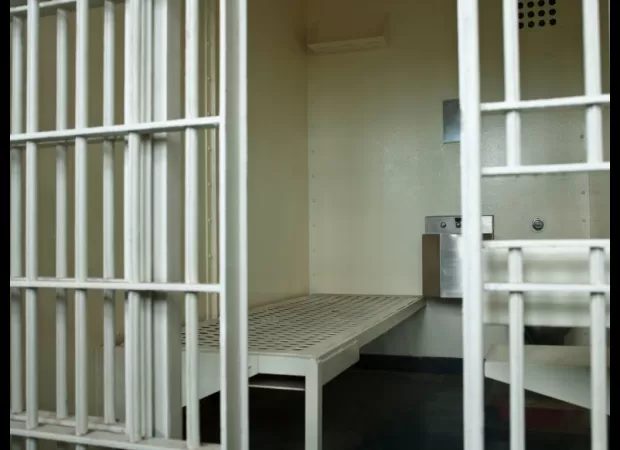Research shows unequal treatment and failed executions of African Americans, leading to demands to stop lethal injections.
75% of botched executions in 3 states involved Black people, despite them only making up 33% of executions.

The non-profit organization Reprieve conducted a thorough analysis of over 1,400 lethal injections in the United States since 1977. This extensive study revealed a disturbing trend: botched executions are disproportionately affecting people of color. It seems that the racial disparities present in the criminal justice system extend all the way to the execution chamber.
According to NPR, this pattern is especially prevalent in Southern states. In states like Arkansas, Oklahoma, and Georgia, 75% of botched executions involved Black individuals, even though they only accounted for 33% of overall executions. However, determining what qualifies as a botched execution is not a straightforward task. Reprieve defined it as any execution that showed signs of pain, where the incarcerated person remained conscious after receiving the drugs, or where the execution workers struggled to find suitable veins for the drugs to be administered.
Interestingly, the study found that the type of drugs used in the lethal injection did not make a significant difference in the likelihood of a botched execution. Reprieve's Executive Director, Maya Foa, emphasized that simply changing the drug combination is not addressing the underlying issue. She stated, "Continuing to tinker with the machinery of death is not making things better. The analysis clearly shows that regardless of the specific drugs used, botched executions occur far too frequently, and they disproportionately affect Black prisoners."
Spiritual advisor Jeff Hood, who has witnessed multiple executions in Texas, Oklahoma, and Alabama, shared his observations with NPR. He noted that there are stark differences in how Black individuals are treated while strapped to the gurney. Hood stated, "I have seen without a doubt that the restraints used on Black individuals are much tighter than those used on white individuals." He also pointed out that this could be due to the assumption that Black individuals are more likely to resist during the execution.
Hood went on to explain, "When you start to treat someone as if they are going to fight back, you are no longer following proper protocol or best practices. This can lead to a botched execution." These lapses in protocol and best practices can have dire consequences, as seen in the disproportionate number of botched executions involving Black individuals.
In light of these troubling findings, Reprieve is calling for an immediate moratorium on lethal injections at both the state and federal levels. They also recommend that governors in states that carry out executions commission independent investigations into lethal injections. This approach has already been implemented in states like Virginia, Ohio, and Arizona. Additionally, the study urges the FDA and DEA to strictly enforce their regulations and take action against those who violate them in secret. Foa emphasized, "The death penalty in the United States is inherently racist, and we cannot continue to turn a blind eye to this reality."
The study's findings shed light on a deeply troubling and unjust issue in the criminal justice system. It is clear that urgent action must be taken to address the systemic racism present in the application of the death penalty. Every person, regardless of race, deserves to be treated with dignity and fairness, even in their final moments.
14 Views






